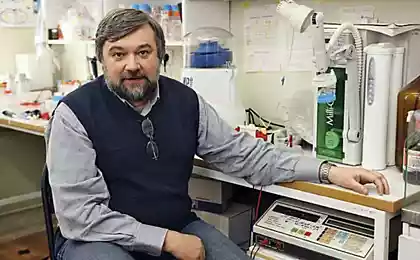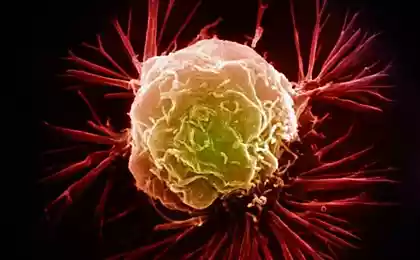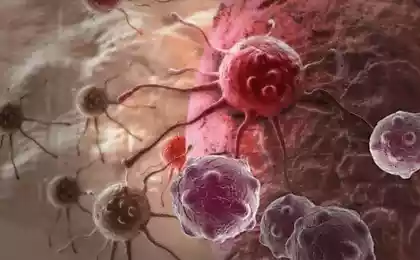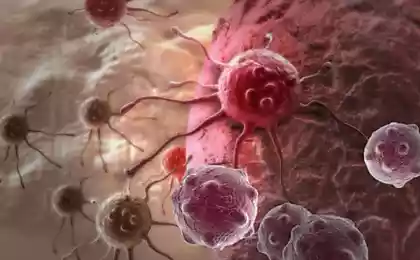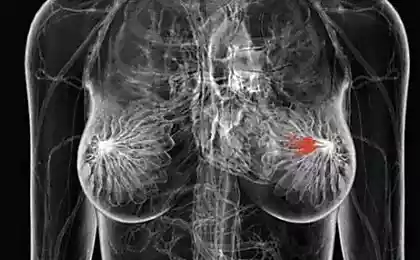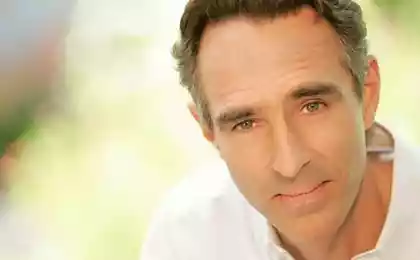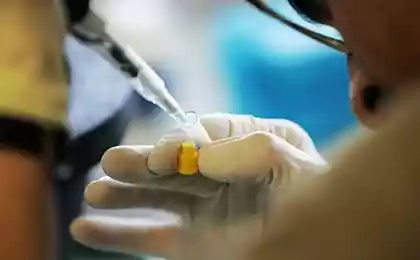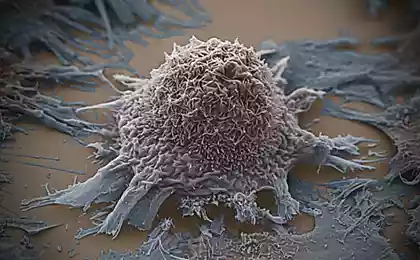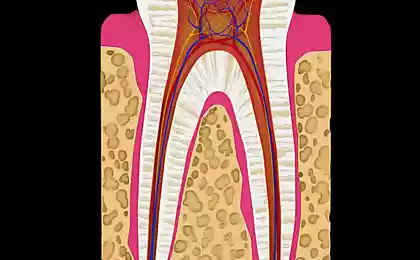173
Coffee consumption halves risk of mouth and throat cancer
Oral/throat cancer 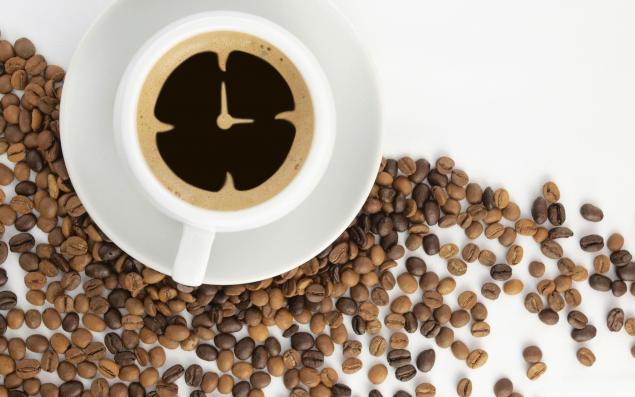
The researchers also found little positive effect from decaffeinated coffee, and no effect from tea at all. The researchers concluded: This study traces an inversely proportional link between coffee (caffeine) and mortality from oral/laryngeal cancer. Research is needed to explain the biological mechanisms of how coffee may help protect against these fatal cancers.” Dr Hildebrand said: We do not recommend that all people drink more than 4 cups of coffee a day. This is just good news for coffee drinkers. “There are also properties of coffee that are contraindicated in some people,” the doctors caution: “This is a study of only one type of cancer, and there are many.” More research is needed to confirm the conclusion that coffee prevents cancer.” The research team is looking at the link between coffee consumption and cancer in a more diverse population, and plans to enroll at least 300,000 adults of different ethnicities and races.

Recently, there are many conflicting opinions about the benefits and harms of coffee. At this stage, the pros of drinking coffee, perhaps, still more than the cons. However, researchers carrying good news, in one voice say the same as Hildebrand and colleagues: despite the fact that in certain conditions coffee has a positive effect on health, it has contraindications and a negative effect on the body. And the studies themselves are not yet sufficiently confirmed to actively encourage people to drink coffee.
Source: estet-portal.com/
- Oral/throat cancer is rarely diagnosed in its early stages, as its symptoms (most common are mouth wounds that do not heal or persistent oral pain) appear in the later stages. In addition, they can be confused with other symptoms, such as ordinary toothache.
- You can determine cancer at a reception with a dentist or oral hygiene specialist.
- Smokers and people who drink alcohol are most at risk.
- Human papillomavirus is also a risk factor, especially for non-smokers.

The researchers also found little positive effect from decaffeinated coffee, and no effect from tea at all. The researchers concluded: This study traces an inversely proportional link between coffee (caffeine) and mortality from oral/laryngeal cancer. Research is needed to explain the biological mechanisms of how coffee may help protect against these fatal cancers.” Dr Hildebrand said: We do not recommend that all people drink more than 4 cups of coffee a day. This is just good news for coffee drinkers. “There are also properties of coffee that are contraindicated in some people,” the doctors caution: “This is a study of only one type of cancer, and there are many.” More research is needed to confirm the conclusion that coffee prevents cancer.” The research team is looking at the link between coffee consumption and cancer in a more diverse population, and plans to enroll at least 300,000 adults of different ethnicities and races.

Recently, there are many conflicting opinions about the benefits and harms of coffee. At this stage, the pros of drinking coffee, perhaps, still more than the cons. However, researchers carrying good news, in one voice say the same as Hildebrand and colleagues: despite the fact that in certain conditions coffee has a positive effect on health, it has contraindications and a negative effect on the body. And the studies themselves are not yet sufficiently confirmed to actively encourage people to drink coffee.
Source: estet-portal.com/





